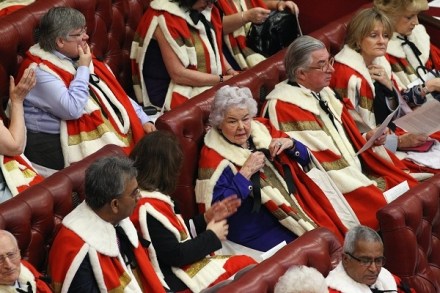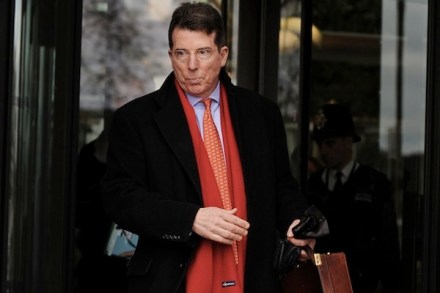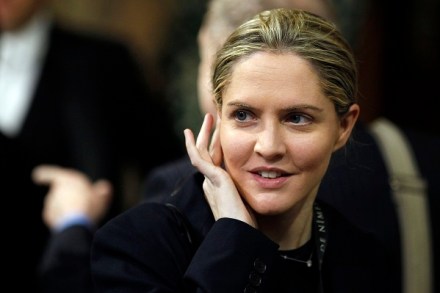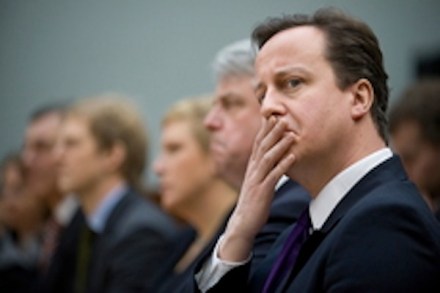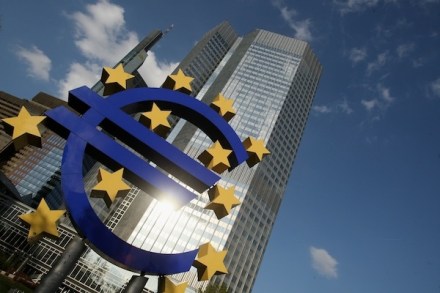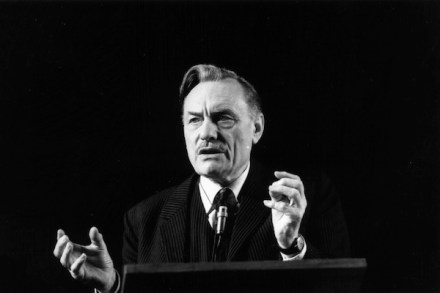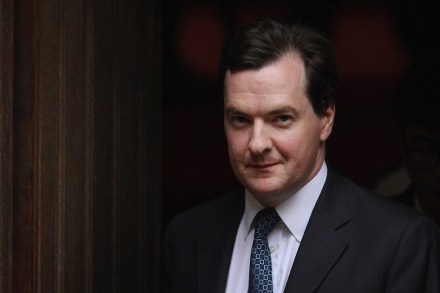Charlotte Leslie becomes the latest 2010 MP to oppose Lords reform
Charlotte Leslie becomes the latest star of the 2010 intake to come out against the coalition’s version of Lords reforms. Explaining her decision, she emphasised to The Spectator her concerns that while the new Lords would be elected ‘they would not carry the great benefit of democracy, accountability’. As Leslie points out, this means that a Lord ‘could get elected on a myriad of populist promises, then fail to honour any of them’. She also has worries about the loss of expert knowledge from the chamber when it is elected. But her objections are, perhaps, best summed up by her attack on the argument that Tories should vote Lords reform




